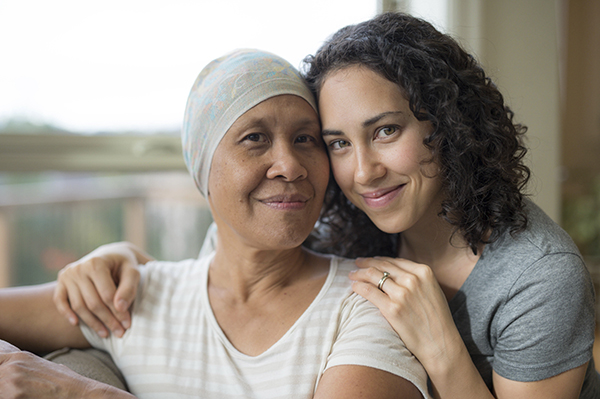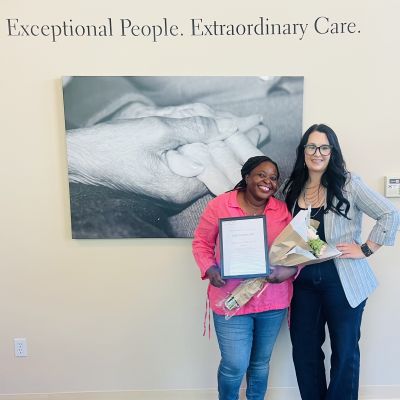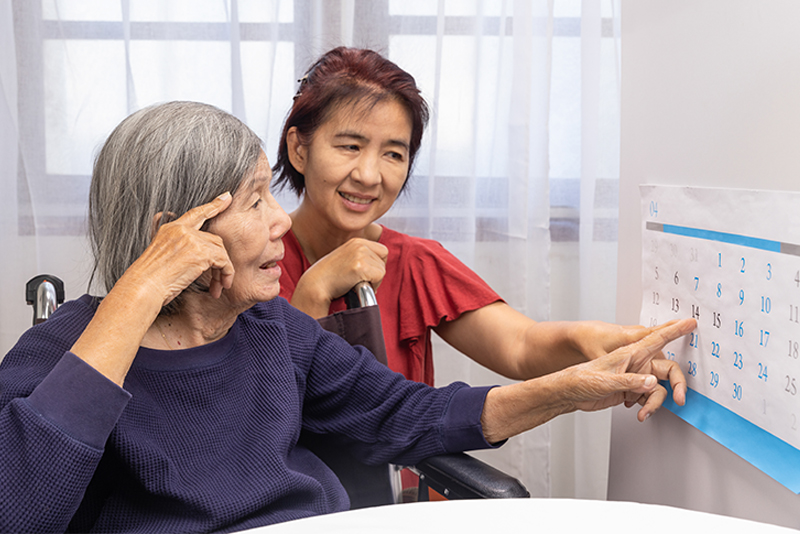4 Important Facts About Cancer You May Not Know


These facts about cancer may change the way you think about the disease.
Each year since 1999, we’ve achieved an increasing decline in cancer-related deaths, an encouraging trend that’s poised to continue as researchers learn more and more facts about cancer and its causes, and are able to develop new and better treatment methods. Yet cancer is still one of the leading causes of death in America, second only to heart disease – making it all the more crucial to continue to press forward with persistence to find a cure.
Here’s what we’ve learned so far:
- Diet makes a difference. Although a diet rich in antioxidants can help prevent cell damage (and protect against cancer), a recent study showed that in some cases, cancers take advantage of a nutrient-rich diet, leading to accelerated metastasis. As a result, the recommendation is to avoid antioxidant supplements unless the doctor prescribes them. Get your antioxidants from fruits, veggies, and beans instead, as the additional molecules in the whole food make a difference. Additionally, a link is suspected between sugary drinks (soda, artificially sweetened drinks, and even 100% fruit juice) and an increased risk of cancer.
- Cancer may develop before birth. In particular, acute lymphoblastic leukemia (ALL) is believed to stem from a mutation that develops in utero, triggered when infection is first introduced. The recommendation is to ensure children are exposed to germs in the first year of life, to train the immune system to deal with pathogens and prevent the secondary mutation that triggers leukemia.
- The focus is shifting to immunotherapy. Those who’ve experienced the ravages of chemotherapy’s side effects will be relieved at the latest treatment advances, which focus on immunotherapy that enables the targeting of only the cancer cells themselves. A clinical trial of a “cancer vaccine,” in conjunction with a light dose of radiation, has already shown promising results.
- The financial impact can be overwhelming. A large study of 9.5 million cancer patients revealed an average financial loss of over $92,000, as 42% of these patients were required to deplete their life savings to cover the cost of just the first two years of treatment. Authors of the study share, “As large financial burdens have been found to adversely affect access to care and outcomes, the active development of approaches to mitigate these effects among already vulnerable groups remains of key importance.”
If you or a loved one is facing the challenges of cancer, let us help. As the leading provider of home health services in Santa Rosa, CA and the surrounding areas, the professional in-home care team at Hired Hands Homecare can prepare healthy meals, pick up prescriptions, provide accompaniment to appointments, and offer the emotional support needed to focus on healing. Contact us online or call (866) 940-4343 for assistance.








Leave a Reply